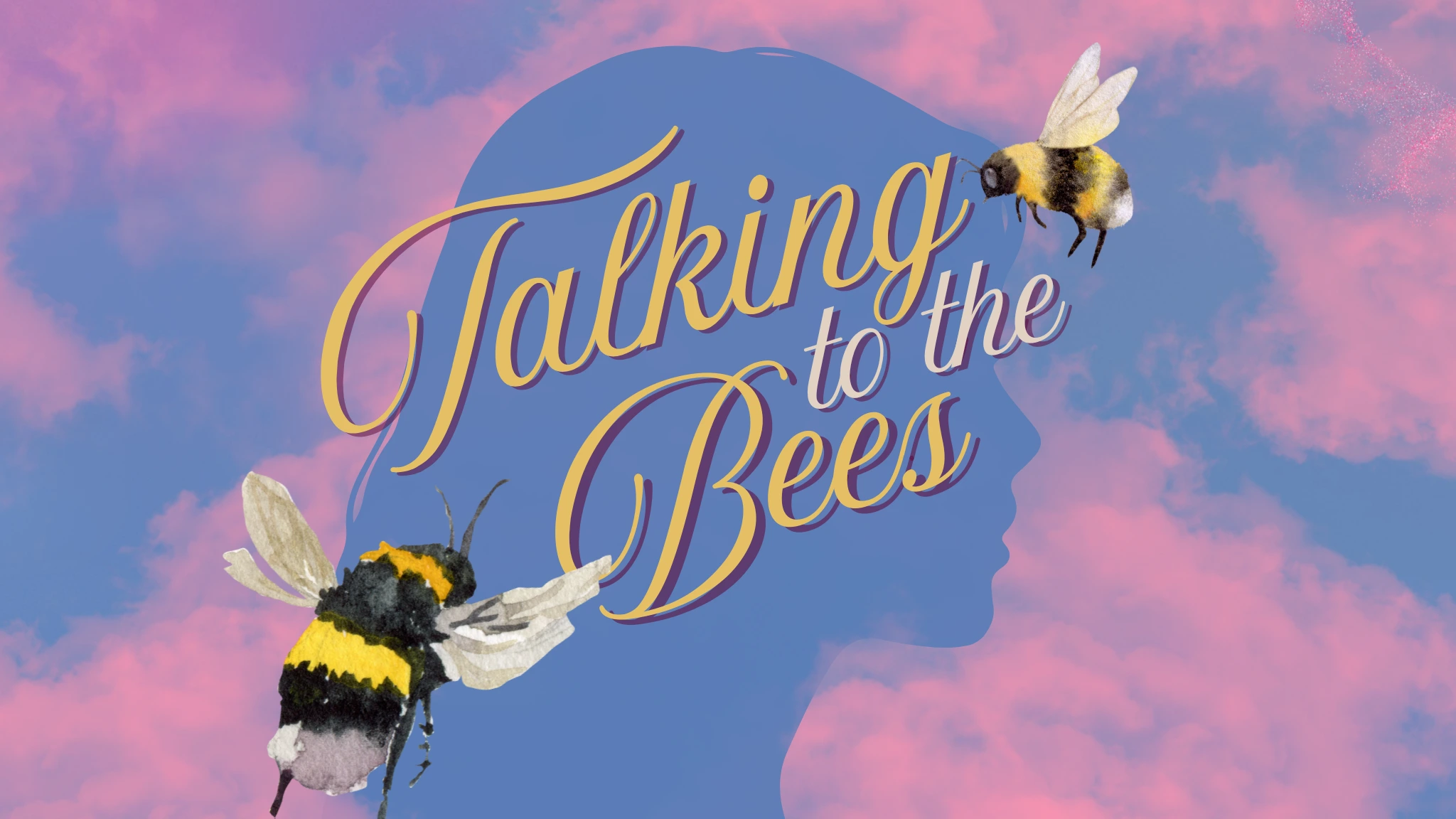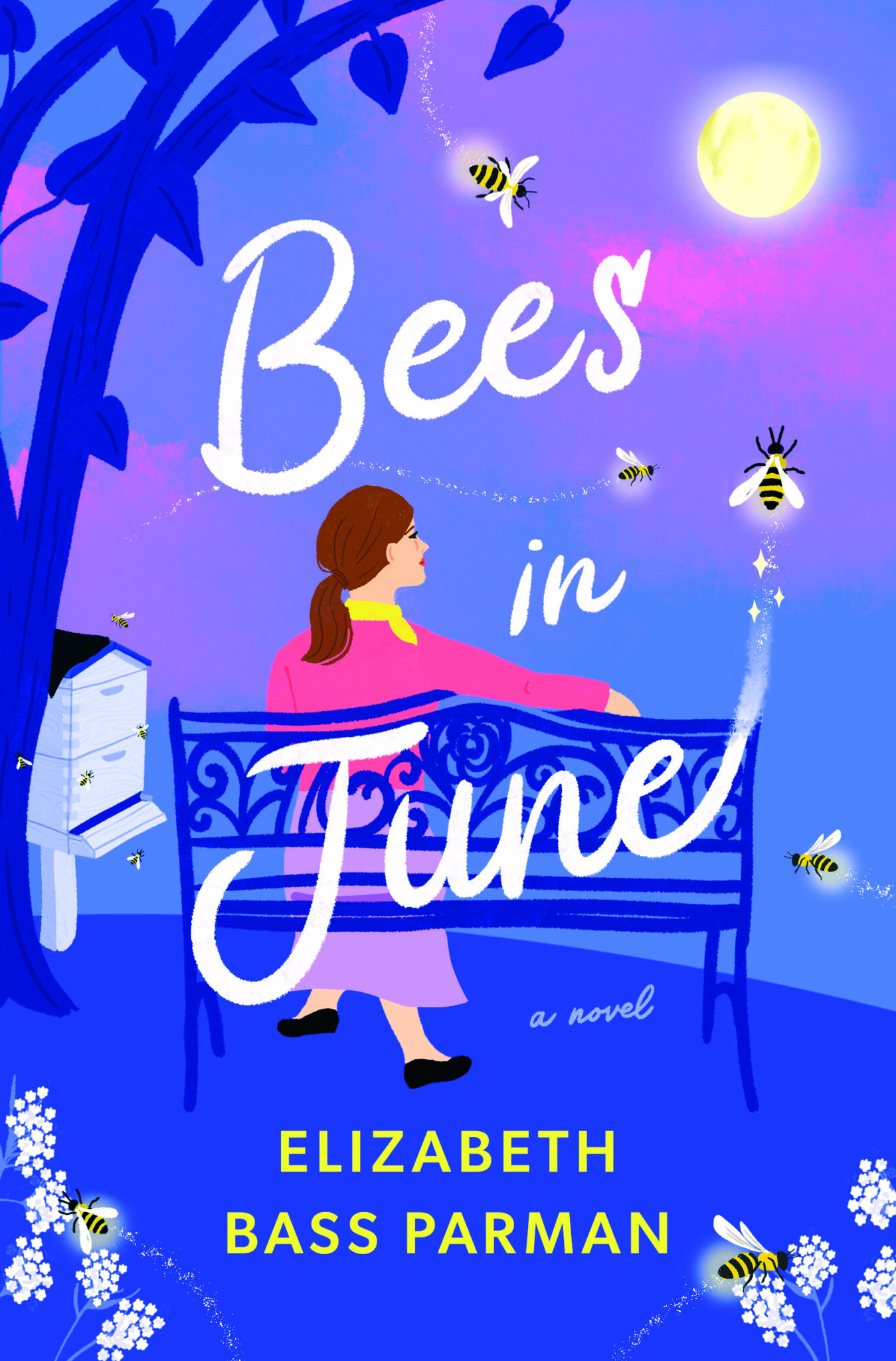Grief is a curious thing. No one is immune, but also, no one truly knows how to manage the yawning pit of despair into which grief can glibly toss you.
The world is populated with all kinds of people. One thing we all have in common, though, is the need to keep moving. Humans are inherently designed for motion. Without it, we atrophy. But what do you do when the weight of grief stills you, making any forward movement as unlikely as turning back the proverbial clock to happier times?
The Rituals That Sustain Us in Grief
In Bees in June, the protagonist, Rennie King Hendricks, is an expert at two things: cooking and grief. I describe Rennie’s thoughts on cooking this way:
When her mama got so sick, Rennie took over all the cooking duties and found solace in the predictability of recipes and measurements, knowing if she just followed instructions, doing exactly as she was told, she would be successful.
Grief is a lot less straightforward. “I feel so left behind,” she says as she grapples with a loss that opens the book.
Humans have developed a set of coping skills around loss. Even more important than offering condolences or sending a sympathy card is the notion of feeding the bereaved, especially in the south.
A southerner’s first question in this situation is likely about bringing food. There’s a sort of universality about a chicken casserole, a pan of buttermilk biscuits, or a chess pie. I describe a supper after a funeral in Bees in June this way:
May Dean’s kitchen counter and table were barely visible for all the bowls, plates, and platters. Fried chicken, sliced ham, turnip greens, Jell-O salads, green beans, and pecan pies covered every surface. Funerals were the number one opportunity for people to gather, eat, and swap stories. Not every family had a wedding or a new baby, but funerals didn’t discriminate. Everybody had their turn, and on that day, the Kings were up.
When the Bees Begin to Speak
Rennie’s dark world is lightened, both literally and figuratively, by a swarm of bees that belonged to her beloved Aunt Eugenia, a native of Appalachian Kentucky. Some said Eugenia was a witch. Others knew her as a healer, able to cure ailments the town’s only doctor could not. Her bees, the ones guiding Rennie, played an integral part in her work.
Every bee is magical, but these particular bees have abilities beyond everyday magic. They have their own POV in the story and serve as a Greek chorus, commenting on the actions of the humans. They are also not above intervening when the humans stray off their true paths, something they tend to do in Bees in June. Their magic is activated by love; if they love someone, and that person loves them in return, communication is possible.
Any good beekeeper understands the vital relationship between humans and bees, and many rituals and practices have developed to support this important symbiosis. One such practice is “telling the bees,” rooted in Celtic tradition that involves informing bees of the death of their keeper. In a century-old ritual, the new beekeeper knocks on the roof of the hive, informs the bees of the death of the old keeper, and reassures the bees that they will continue to be cared for. A black cloth or ribbon is affixed to the hive in order to allow the bees to mourn with the rest of the family.
The Healing Power of the Bees
The bees are steadfast in their love for Rennie, never abandoning this special girl, whose life they once saved. In return, Rennie has always loved the bees, even when the practical world of her adulthood overshadows the magical one of her childhood. Through the power of the bees, once she is again in their presence, she is drawn back into their world. She is able to mend from her grief in that magical bee yard, practicing a type of apitherapy. Rennie recognizes that the bees can restore her, and she basks in their healing energy. The bees have saved her life a second time.
When Rennie suffers another loss in the story, she follows this ancient tradition of telling the bees. She has realized by this point in the story that she, too, is a bee. Rennie says to the bees:
Did you know he called me his bee in June?” She lovingly stroked the edge of the landing board. “I brought you some black cloth so you all can have a proper mourning. We’ll grieve for him and remember always how good he was to us. We are his bees, and there is no greater honor.”
Sharing her sorrows with the bees, Rennie comes to understand what the bees already know: joy is the antidote to grief, and enveloping yourself in the love of the one who has been lost is the only way to ensure the ability to move forward. The story ends in the bee yard, of course, with Rennie surrounded by the bees who have lifted her from that pit of despair with a million beats of their tiny, magical wings.

